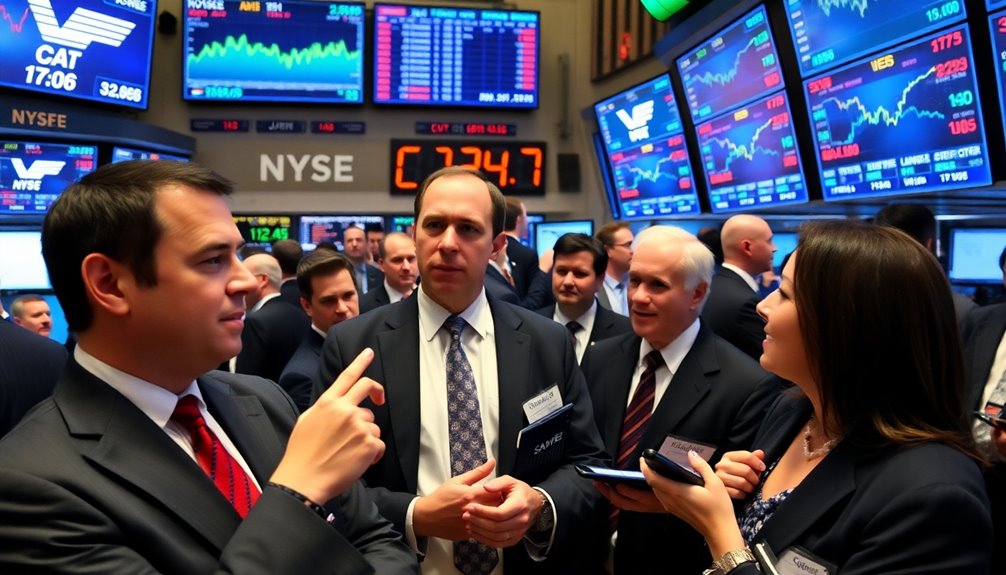Tornado Cash co-founder Alexey Pertsev has strongly defended himself against money-laundering charges, emphasizing that the platform was created to enhance financial privacy rather than promote illegal activities. He argues that developers shouldn't be held responsible for how their technology is used. Pertsev's case raises critical questions about privacy rights and regulatory oversight in the cryptocurrency landscape. If you're curious about how this situation could shape the future of cryptocurrency innovation, there's more to uncover.

As the legal battles surrounding Tornado Cash continue, co-founder Alexey Pertsev has stepped forward to address concerns about the platform's purpose and implications. Tornado Cash, launched in 2019, is designed to enhance user privacy by mixing cryptocurrency transactions, making it difficult to trace their origins and destinations. However, the platform's functionality has drawn scrutiny, especially after being sanctioned by the U.S. Treasury Department in 2022 for allegedly facilitating money laundering.
Pertsev's conviction for money laundering by a Dutch court, where he received a sentence of five years and four months, underscores the intensifying legal challenges facing him and his colleagues. Roman Storm, another co-founder, is currently fighting similar charges in the U.S., claiming Tornado Cash wasn't created for illicit activities.
You might wonder how a platform meant to enhance privacy became entwined in allegations of facilitating over $1.2 billion in laundered funds. Prosecutors highlight Tornado Cash's use by notorious entities, including North Korea's Lazarus Group, raising critical questions about the balance between financial privacy and anti-money laundering initiatives. The court found that Tornado Cash was guilty of laundering $1.2 billion in cryptocurrency, showcasing the scale of the alleged wrongdoing.
Pertsev argues that Tornado Cash was built on the principle of financial privacy, likening it to cash transactions in the physical world. He believes that the platform's design shouldn't be penalized simply because it can be misused. This perspective brings to light the broader implications for developers in the crypto space. If Tornado Cash's founders are held responsible for the actions of users, it could set a troubling precedent for future blockchain innovations.
You might also consider the international ramifications of this case. The outcome could influence how cryptocurrency mixers are regulated globally and might lead to stricter laws governing the use of smart contracts. The regulatory environment is tightening, and sentiments are mixed. While some privacy advocates rally around the cause, emphasizing user rights, others support stringent measures to combat money laundering.
As these legal battles unfold, the discourse around Tornado Cash reflects a deeper struggle within the cryptocurrency community. It challenges you to think critically about financial privacy, regulatory oversight, and the responsibilities of developers.
The case isn't just about one platform; it's a pivotal moment that could redefine the landscape of cryptocurrency services and the rights of users in an increasingly complex digital economy.
Conclusion
In the wake of the money-laundering charges, the Tornado Cash co-founder's voice stands out, emphasizing the importance of privacy and innovation in the cryptocurrency space. You can't ignore the complexities of decentralization and the need for responsible use of technology. As the debate unfolds, it's crucial to consider the balance between regulation and freedom. Ultimately, embracing open dialogue will help shape the future of cryptocurrency, ensuring it's used ethically and responsibly.









